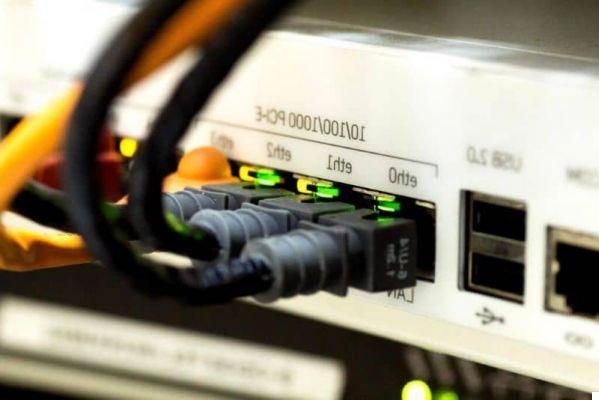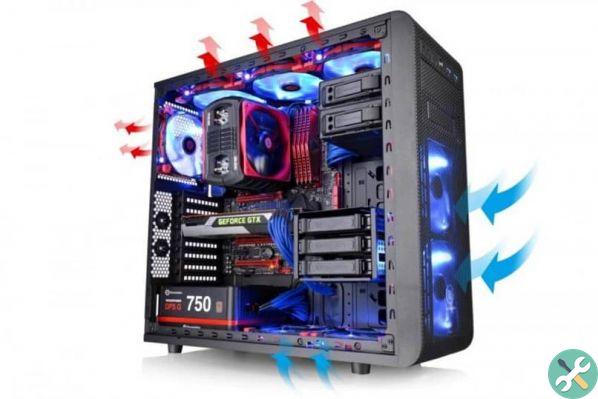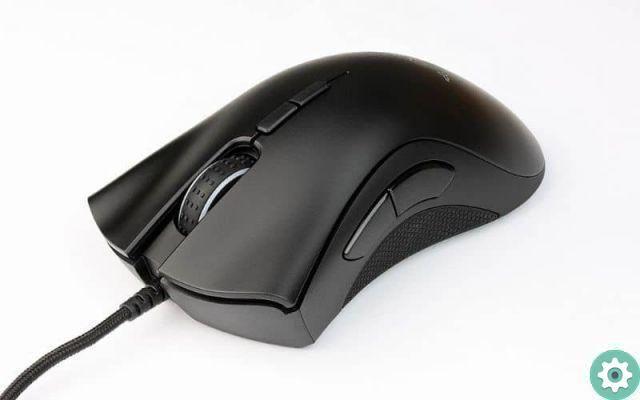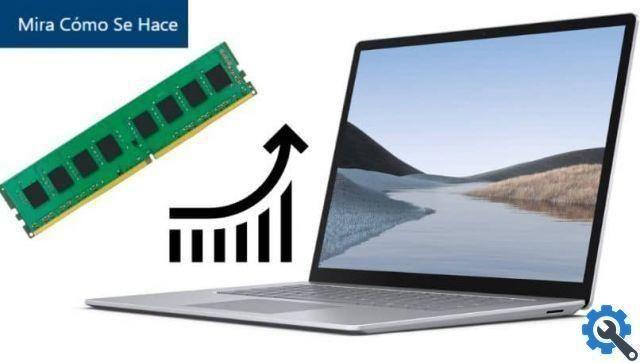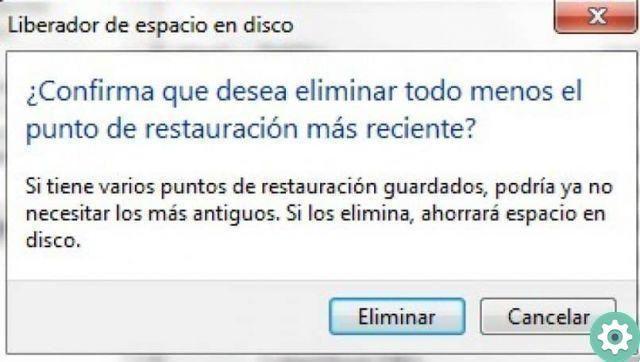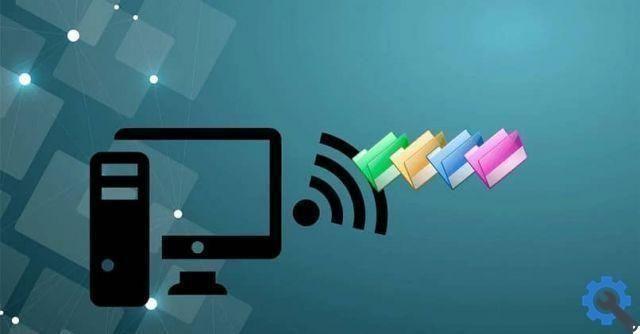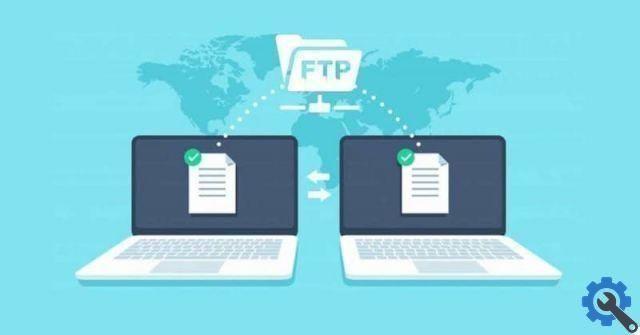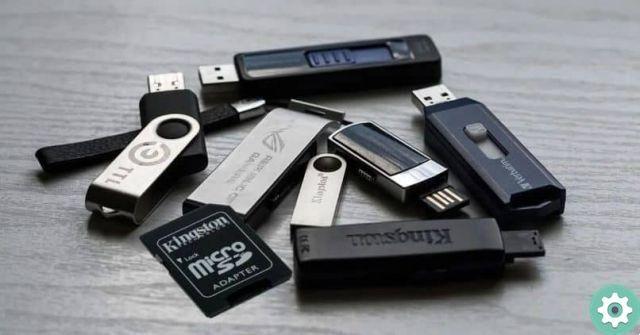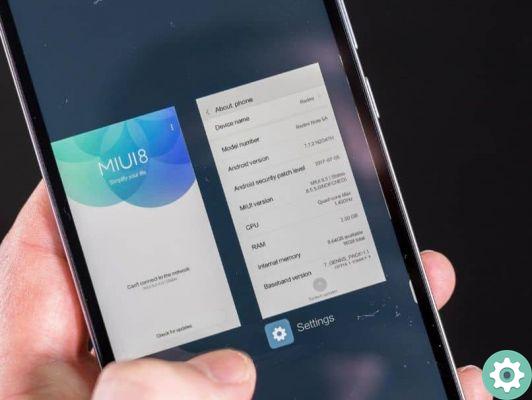Each day it is easier to find homes with multiple devices connected to a network. With this comes the need to have a home server. Home NAS servers are ideal to have at home. They have become indispensable due to the variety of uses that can be given to them.
What is a home NAS server?
NAS storage systems, or Network Attached Storage, are used for centralize the information of a company or a house. Thus ensuring the integrity and protection of files, generating backup copies on a regular basis.
It is common to associate the word server with large computing devices, with an optimal processing capacity compared to conventional PCs. However, il old computer you have at home could play the role of a NAS server making some changes.
To play its role as a server, the computer must be constantly on and connected directly to the router. to make sure it's available. The benefit of implementing a home NAS server is that it will be available to store information at home and away over the Internet.
What are NAS servers used for?
By having a connected NAS server at home, you can safeguard the information of all devices who have access to it. It doesn't matter if you are connected to your home network or via the Internet, you will have access to all the files that are stored.
If you create multiple user accounts, each user can use the server as a cloud service. Each person can be assigned an amount of space to save their files and make backup copies.
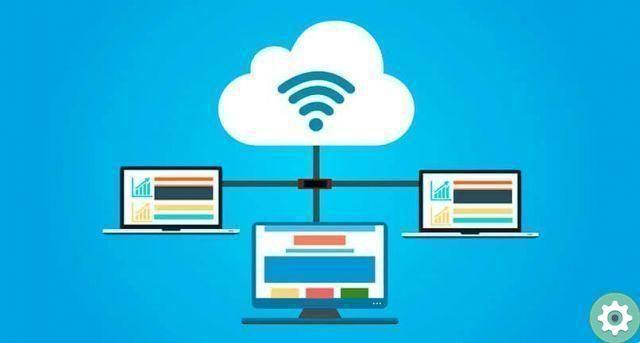
Smart homes can also benefit from implementing a home NAS. Since they can receive data from sensors placed in household appliances and smart sockets.
Any computer can be used to perform these tasks. But having a dedicated computer connected 24 hours a day ensures that activities are carried out effectively. Not to mention the peace of mind knowing your data is safe in more than one physical location.
How do NAS servers work?
What characterizes NAS servers is their storage capacity. They must have one or more drives installed, as well as a removable hard drive to protect your information from possible loss.
It must be configured with an operating system like FreeNAS based on Free Software. This is one of the most used because it is very easy to install and because its graphical interface is quite intuitive.
Finally, the computer intended to act as the server must be always on and connected to the home network. It must be connected directly to the router to ensure connectivity.
Uses of a NAS server
Share files on the network
By saving all data on a single computer, we can access it from any device. Avoid having duplicate files on your phone and PC, taking up space. You can set it up by users so that each person has access to their files individually and even categorize it to separate file types.
File Backup
Back up the information of the different devices, while setting up the NAS you will be sure that the your files will be protected automatically and if for any eventuality your PC fails you can recover all the information.
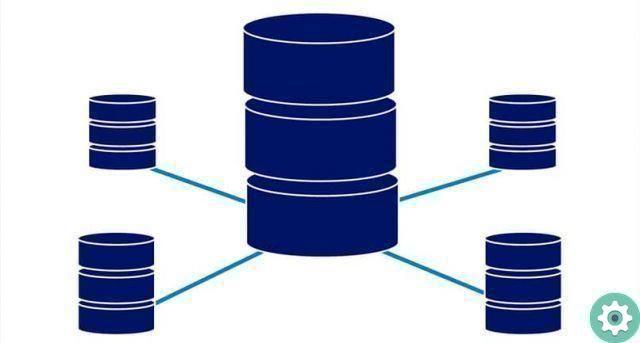
Entertainment center
Manage all your movies, videos and images in one place. Play home videos from any device and also from a smart TV. It's a great option to save and access your movies at any time.
Cloud storage
There are companies dedicated to safeguarding your data such as Dropbox and Google. But you can generate your own storage service and privately. Save your files on the NAS server and access the Internet from anywhere in the world.
Download Center
Download the installation files from one location, especially those large files that take hours to download. Then you can access the download file from any device, saving time and storage space.







